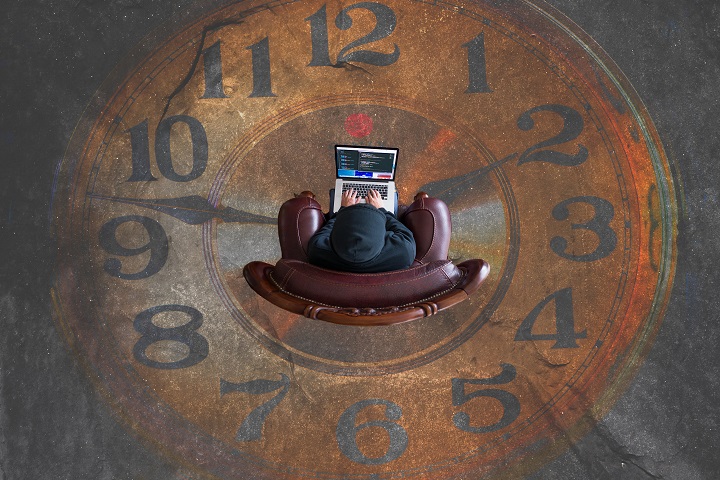Internet
4 Barriers to Effective Time Management and How to Overcome Them
Time management skills are essential for succeeding in the workplace, at school, or in meeting our personal goals. For more articles and information about time management, visit BetterHelp.

Time management skills are essential for succeeding in the workplace, at school, or in meeting our personal goals. However, so much can get in the way when it comes to using our time wisely to accomplish the tasks in front of us. This article will look at four barriers to effective task management and discuss strategies for overcoming these common hurdles.
For more articles and information about time management, visit BetterHelp.
4 Barriers to Effective Time Management and How to Overcome Them
Table of Contents
1. Lack of motivation
Perhaps you have plenty of time to complete a task but can’t find the energy or motivation to get started. Multiple factors may contribute to common causes such as mental disorders, the desire to avoid unpleasant feelings accompanying a task, and lack of personal investment in a specific goal. It can help to identify what may be causing your lack of motivation.
To overcome this barrier, start by showing yourself self-compassion. Rather than start beating yourself up, turn towards yourself with gentleness and understanding. Studies have shown that self-compassion, not harsh self-criticism, actually increases motivation. Other strategies that may help combat low motivation include:
- Acting motivated and letting your behavior inform your emotions.
- Permitting yourself to quit a task after 10 minutes (as getting started is often the most challenging part).
- Setting small goals while rewarding yourself along the way.
2. Procrastination
Another common barrier to task completion is procrastination, delaying a task despite the negative consequences. Researchers discovered that this behavior goes deeper than ineffective time management, as it is rooted in challenges with emotional regulation. People who procrastinate typically avoid complicated feelings associated with a task, such as anxiety, self-doubt, or boredom. Delaying the task at hand provides a sense of relief at the moment but only exacerbates feelings of self-shame, anxiety, and distress in the long run.
When you find yourself procrastinating, take a moment to check in with yourself and identify what feelings may be under the surface. Do you doubt your ability to carry out a task successfully? Are you placing unrealistic expectations on yourself to do it flawlessly? Or are you worried by the thought of criticism or judgment from others? Identifying what may be fueling procrastination can help you address what really may be going on under the surface and seek support if needed.
It can be beneficial to have someone hold you accountable for taking small steps towards your goal when it might feel tempting to avoid at all costs.
3. Challenges with prioritization
Having many different tasks to complete can make it difficult to know where to begin. Many individuals find it difficult to prioritize or determine which studies to focus on at any time and which can wait.
Start by making a to-do list, jotting down all of the tasks you have to complete on paper. Then, go through and separate the urgent tasks with strict deadlines from those that are important but not as time-sensitive. Order your studies, from the most critical to least critical, to get done on a given day.
Use this list to help you block out specific time in your day to tackle each task, starting with #1. If you don’t finish everything on your list that day, move those items onto the next day’s intentions.
4. Distraction
In today’s day and age, distractions are everywhere. Whether working from home or back in the office, you may find it tempting to start scrolling through social media or surfing the web.
To minimize distractions, it can be helpful to identify what has the potential to redirect your attention. If it’s noises in your surrounding area, you might put on earphones or find a different location to work. If it’s the chime every time, a new email comes in, set specific times to check your messages, and outside of that, close out of your account.
To avoid the cue to keep checking your phone, place it somewhere you won’t see or hear it. Taking regular breaks can also help to improve your focus on what you have to get done. After every half an hour or hour of work, be intentional to step outside for some fresh air or grab water or a snack. This can help you sustain focused attention when you are plugging away at the task.
-

 Instagram4 years ago
Instagram4 years agoBuy IG likes and buy organic Instagram followers: where to buy them and how?
-

 Instagram4 years ago
Instagram4 years ago100% Genuine Instagram Followers & Likes with Guaranteed Tool
-

 Business5 years ago
Business5 years ago7 Must Have Digital Marketing Tools For Your Small Businesses
-

 Instagram4 years ago
Instagram4 years agoInstagram Followers And Likes – Online Social Media Platform















